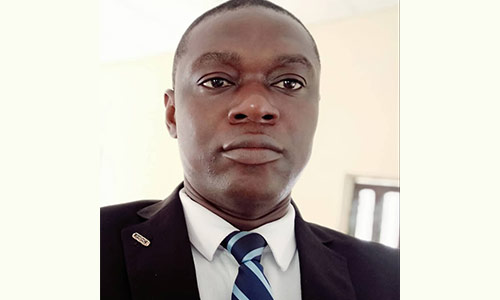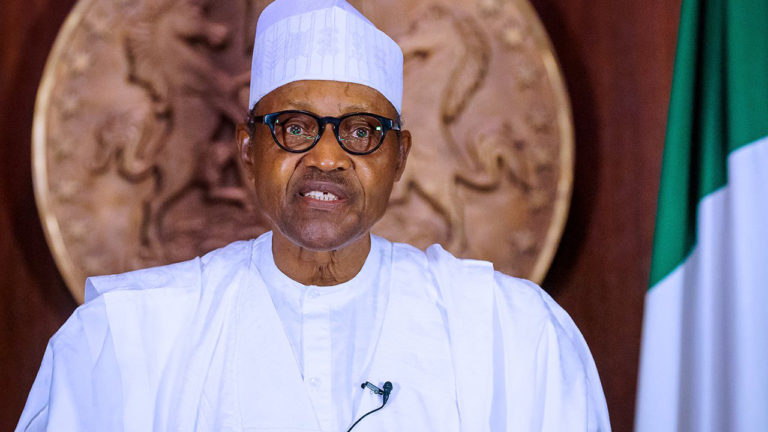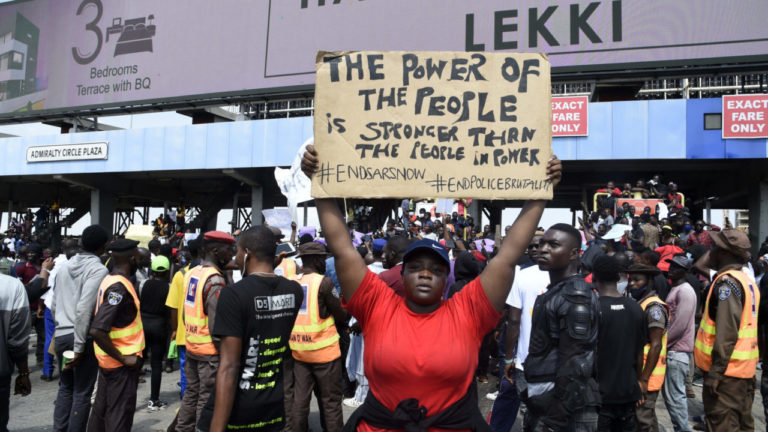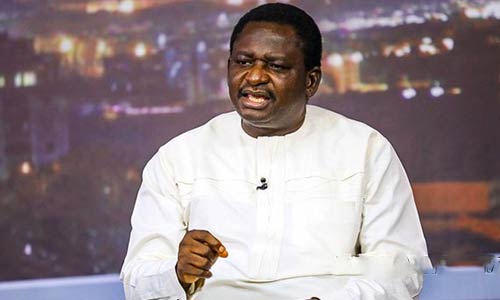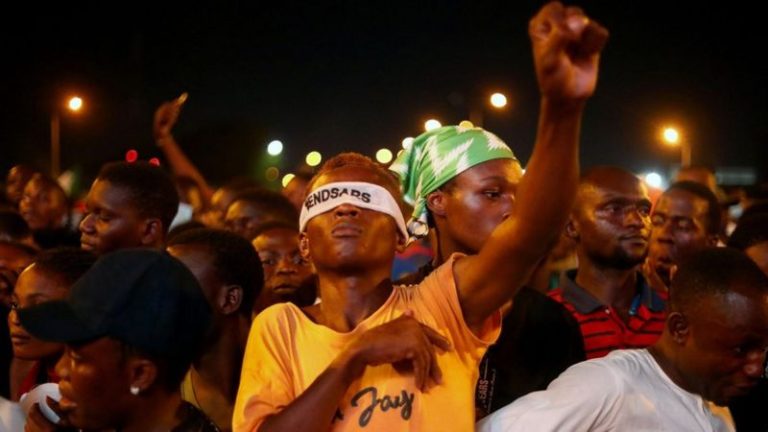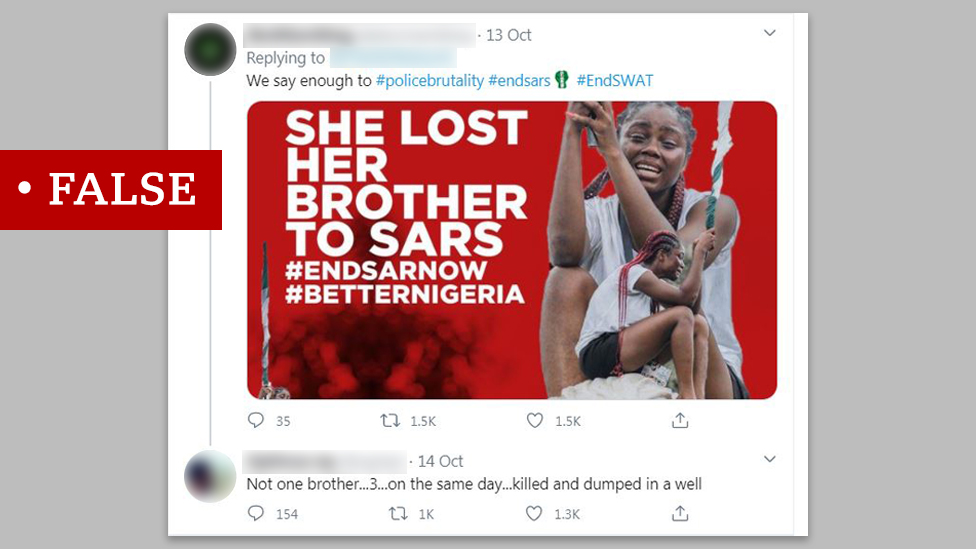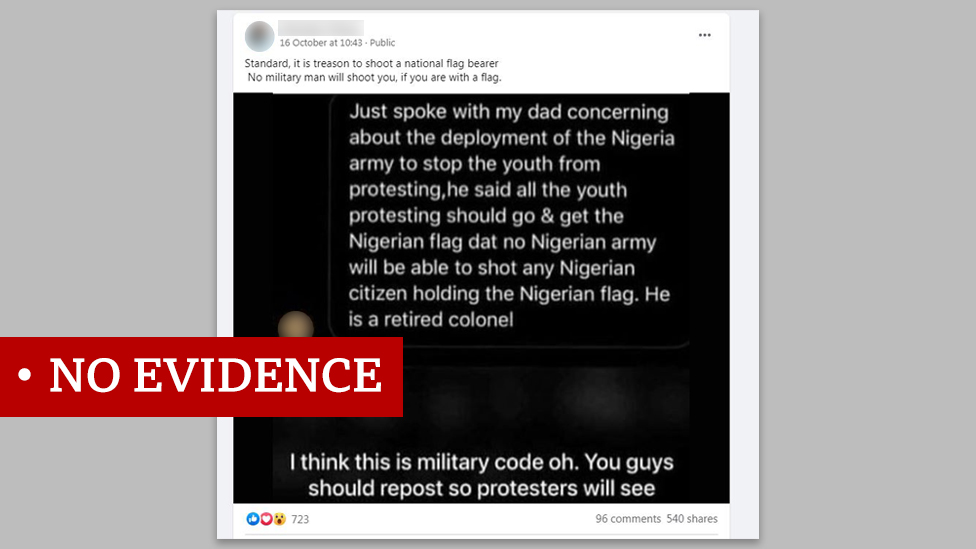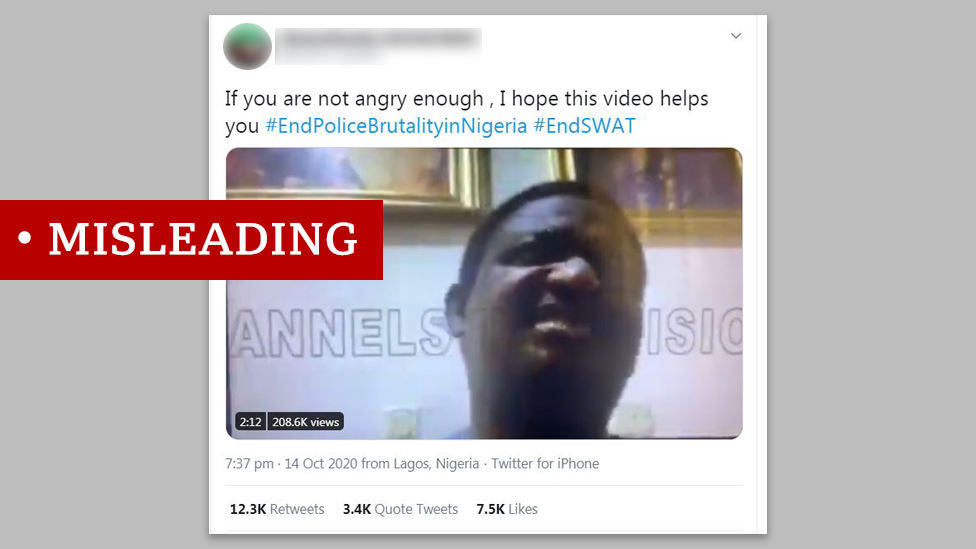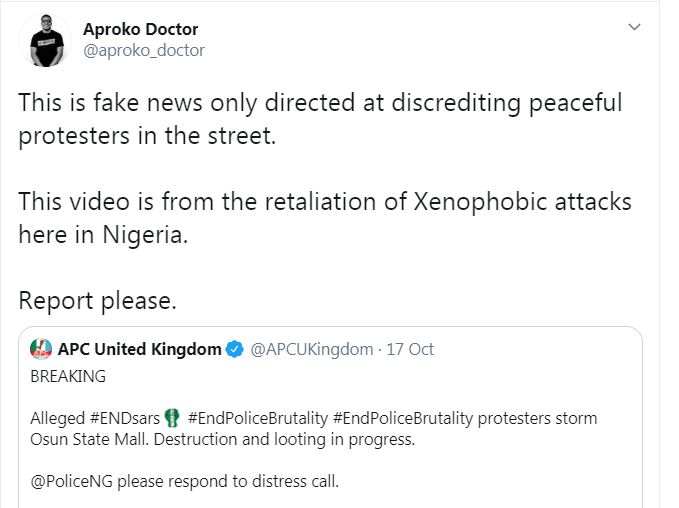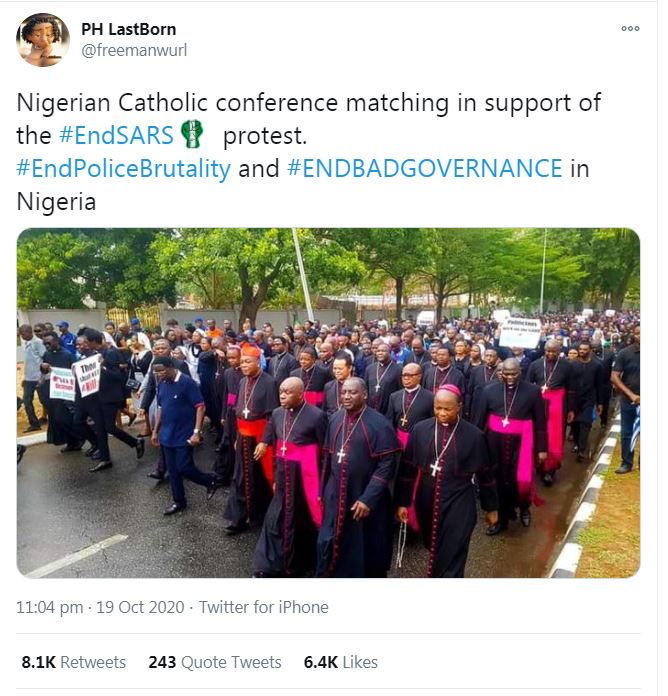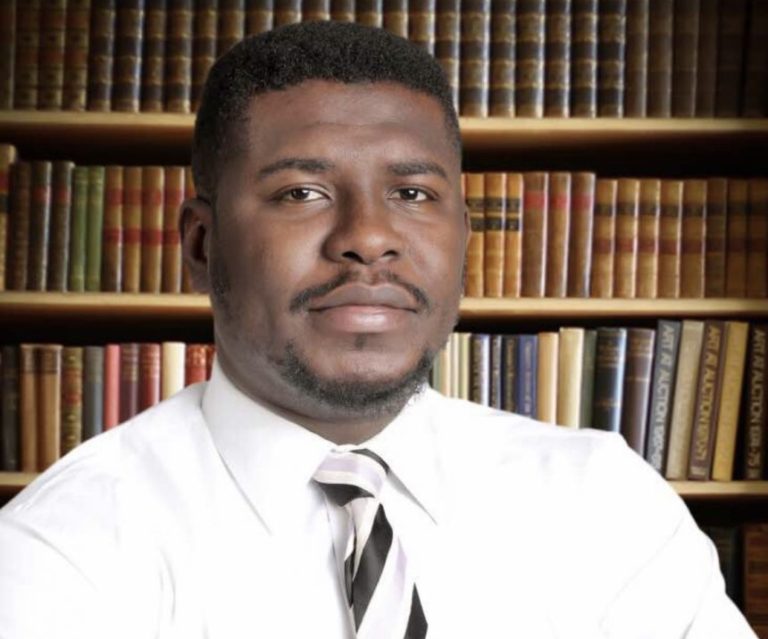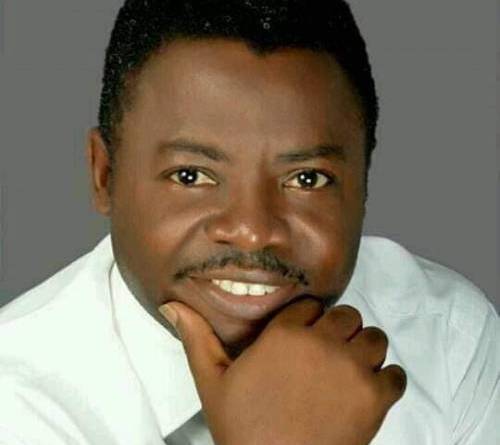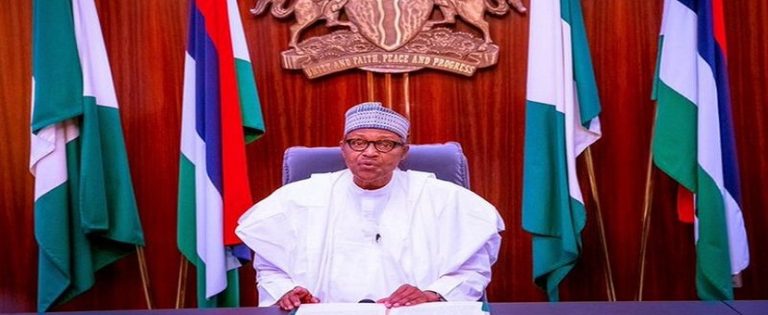By Godfree Matthew Esq
INTRODUCTION
Let me start by referring to one of the literary icons of Nigeria that inspires me the most, Albert Chinua Achebe. In the book the trouble with Nigeria 1983 he remarks that the problem with Nigeria is squarely and simply the problems of leadership. There is nothing wrong with Nigerian climate or weather. The problem is in the failure of the Nigerian leaders to live up to personal example, which is the hallmark of leadership.
Many decades after the book was written leadership deficit continues to becloud Nigeria. Many successive governments came with promises of bettering the lots of Nigerians but they ended up as aborted aspirations. The aspirations of these administrations did not make Nigerians “smile for real.”
Smile is a natural human expression associated with joy, happiness, celebrations, victories, fulfillments and hopefulness. In sheer contrast a crocodile is an animal that rarely smiles, and even if it does, it will hardly be noticed because of the nature of its face. Good leadership ought to carry citizens to their destinations of joy and fulfillment where people will smile. However, in Nigeria, there appears to be exchange of dividends of leadership – where Crocodiles (representing animals) smile more than the citizens. It is from this inspiration that this article is titled “Nigeria- a Country Where Crocodile Smiles and Citizens Cry: Paradox of Leadership”.
THE SMILING CROCODILE AND THE CRYING NIGERIANS
The phrase smiling crocodile is not only attributed to the Code Name of military operation in quelling internal crises, it is also attributed to how animals are smiling more than Nigerians, in democracy that they did not build. In this context, the phrase smiling crocodile is used to refer to the general states of insecurity in Nigeria and extrajudicial killing perpetrated by Nigerian army under different names.
Crocodile is naturally a carnivorous animal- a flesh eater. For it to keep smiling it means that it must have filled its stomach with flesh. The next question to ask is what type of flesh does the crocodile feed on in Nigeria? It will not be out of place to say that the flesh that makes Crocodile smiling in Nigeria is human flesh; the flesh of innocent Nigerians. For the Crocodile cannot feed on the flesh of Nigerian cows because may be cows are more sacred than humans in Nigeria.
The death of ENDSARS protesters in Lekki who were shot by military officers clearly show that in Nigeria the Crocodile has many cause to smile, but the citizens are left to cry. This further spurred the question on whether it is the duty of Nigerian government to make citizens cry and make crocodile smile? Was Nigerian government elected by Crocodiles? From these questions and the facts surrounding the ENDSARS protest it is clear that the crocodile benefits more than Nigerians in this government because while crocodile smile, Nigerians cry. This is because of the fact that Buhari’s leadership accord greater opportunity for animals to be happier than men. May be it will not be out of place for People for the Ethical Treatments of Animal (PETA) to give him an award, this will also be contested because it was not all animal that he treats equally in Nigeria. Some animals are more equal than others, as postulated by George Orwell.
The Crocodile is so happy and smiling in Nigeria’s democracy to the extent that it extended such gestures to his fellow animals. One may be right to think that in Nigeria, it appears that ‘animal farm’ is happier than “human family”. Cows in Nigeria have special protection and security ‘apparatus’ than Nigerian citizens. Despite the plethora of bad Road networks, poor housing schemes and dearth of portable water in Nigeria, the government appears to be interested in making the kindred of the crocodile to smile the more than its citizens. This is seen in the recent move and proactiveness to sink billion of naira to rediscover grazing routes (good roads network for cows), to establish ranching (housing estates for cows) and waterways for the crocodile and its kinsmen to smile further. It is pathetic that while animals can afford such necessities some Nigerians are yet to access such dividends of governance. It is quiet unfortunate that even Nigerians citizens takin care of the crocodiles and cows don’t have access to such benefits as these animals. Thus, while crocodile smile, Nigerians cry.
The Crocodile smiles after devouring a lot of innocent blood killed in Plateau, Adamawa, Taraba, Katsina Zamfara and other states in Nigeria. The reason is because the kindred of the crocodiles, the cows are affected as such many Nigerians farmers were killed by herdsmen, Fulani or unknown gunmen. In Nigeria, the crocodile is always ready to defend the cows but careless about the people.
Furthermore, crocodile as metaphor of insecurity in Nigeria, is smiling because over the years, it served as abattoir of corruption where monies meant for securities were diverted into personal pocket. Thus, making crocodile an industrial venture of looted security funds and unaccountable “security votes” by government officials.
Crocodile also refers to the situation of insecurity bedeviling Nigeria. Crocodile in Hausa Language is called ‘Kada’ (singular). In plural, the word ‘crocodiles’ is called ‘Kaduna” in Hausa. It is from the word Kaduna that Kaduna State got its name (from a river called Kaduna because it was formerly filled with crocodiles).
When one noticed the level of the lives and property loss in Kaduna State under Buhari, it is factual to conclude that the crocodile has its field day in Kaduna state. The lives lost in Kaduna and the inability or unwillingness of the Government to address it, clearly shows that the crocodile smiles while Nigerians in Kaduna are crying. In Kaduna State Crocodiles are really smiling and Nigerians are in continuous mourning. The plight of the wailing Nigerians and smiling crocodiles in Southern Kaduna is a scare to the conscience of humanity that the global community is highly interested to address in due time.
Another family of the crocodile that smiles and keep Nigerians weeping is Operation Python Dance. This operation led to the death of many political agitators in Nigeria as well as some innocent civilians. Most of the victims of operation python dance are Biafran agitators and the innocent citizens of the Eastern Region of Nigeria. By killing the innocent Nigerians through extrajudicial killings the Python has caused its fellow crocodile (extrajudicial killing) happy as such they can smile and dance together, while the Nigerians can continue to weep in pains and count their losses.
However, it is important to note that a very good habitat and ecosystem that is friendly to Python is forest. Nigerians questioned the rational of assigning the Python to go for operation in East where there is less military engagement than Zambisa forest- the hub of Boko Haram. To them it is the misapplication of resources to send Python to operate or constricts its victims in a place where it is not mostly needed. Even when, the ‘Crocodile’ was sent to Baga in 2014 to fight terrorist, the crocodiles smote Nigerians. As such crocodile smiled and Nigerians cry.
THE HYPOCRISY OF THE CROCODILE
Crocodile as an animal has been used as metaphor to refer to pretence and insincerity. For example, the word crocodile tears mean a pretence and expression of sorrow that is not sincere. The insincerity of the crocodile is to the extent that it affected the genuineness of its smile, hence, another phrase never smile with a crocodile. The phrase never smiles with a crocodile means that don’t trust the smile of the crocodile for it is deceptive as its tears. The phrase never smile at a crocodile is derived from a poem titled “Never Smile at a Crocodile” written by Jack Lawrence and Frank Churchill. The first stanza of the poem run as follows:
Never smile at a crocodile No you can’t get friendly with a crocodile Don’t be taken in by his welcome Grin He’s imagining how well you’d fit within his skin
The above poem depicts the hypocrisy of Crocodiles, that even when it smiles, it doesn’t mean that things are rosy. Its smile is sheer pretence and deception. Situating that within the context of Nigeria army’s Operation Crocodile smile, one may agree with the writer on whether Nigerian army are happy with the situation at hand. They are not happy with lack of equipment they need to perform their duties. They are not happy with the general security architecture of the nation at large. Facts abound in the instances of mutiny, killing of superiors by their subordinates, suicide and other ways of expressing their dissatisfaction.
Recently, in the ENSARS campaign Nigeria army officer, by name Lance Corporal Harrison Friday, expressed his solidarity with the protesters. This happens when he tweeted via Twitter to his colleagues on operation Crocodile Smile and pleading with them not to shoot ENDSARS protesters. Thus, while other crocodiles are ‘smiling’ on ENDSARS protesters, this ‘crocodile’ (Officer Harrison Friday) refused to smile, instead he cried alongside with other Nigerians. Consequently he was arrested by the Nigerian army on the allegation of cybercrime.
CONCLUSION
The aspiration of every good government is to make its citizens happy. This is done by ensuring the security and welfare of the citizens are prioritized by the government. This should be its ultimate goals. However, where the people are not happy with the government, they have the legitimate rights to express them and government has the corresponding duty to listen to their grievances and not use force on them. Doing so is a repression and crimes against democracy and humanity. It is the dream of this writer that one day in Nigerians will smile together in peace and unity.
The killing of protesters by Nigerian army in Lekki is unconstitutional, barbaric and reprehensible. It is affront to the sanctity of democracy. The use of military to quell civil protest was declared unlawful in the case of YUSUF V BUHARI (2003) 14 NWLR (PT 841) 446 where the Court of Appeal that:
It is up to the police to protect our nascent democracy and not the military otherwise the democracy might be wittingly or unwittingly militarized. That is not what the citizens bargained for in wrestling power from the military in 1999. Conscious steps should be taken to civilianized the polity and thereby ensure the survival of and sustenance of our democracy.
It is unfortunate to note President Buhari was the beneficiary of the above judgement when he was a citizen. Now that he is the President he chose to neglect the sanctity of the institution that once protected, but deployed military to quell protest- which led to the death of innocent Nigerians. This act on its own is illegality that must investigated.
Nigeria is a democratic state where the rule of law and respect for human rights is supposed to prevail. The killings of the Lekki Protesters must be investigated and prosecuted. The culprit must equally be sanctioned for their wrong doing. It is better for President Buhari to deal with those who committed these extrajudicial killings now or the International Criminal Court (ICC) will help Nigerians to get justice.

